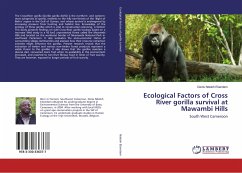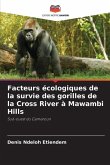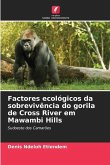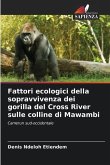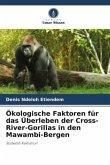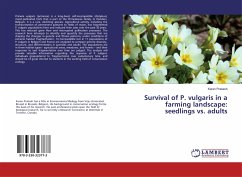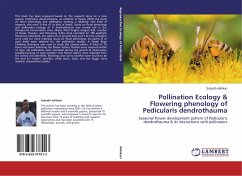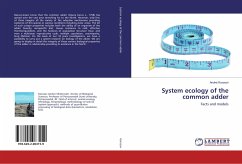The Cross-River gorilla (Gorilla gorilla diehli) is the northern- and western-most subspecies of gorilla, endemic to the hilly rain-forests of the 'Bight of Biafra' region in the Gulf of Guinea, and whose survival is endangered by increasing pressure from hunting and habitat loss. Knowledge of the ecology of these gorillas which is vital to conservation planning, is limited. This study presents findings on wild Cross River gorilla ecology based on a two-year field study in a 43 km2 unprotected forest called the Mawambi Hills and located on the southeast border of Takamanda National Park in southwest Cameroon. It also evaluates the socio-economic status of surrounding village communities and assesses how their resource extraction activities might influence the gorillas. Present research reveals that the extraction of timber and various non-timber forest products represent a viable threat to the gorillas. It also shows that the gorillas maintain a diverse diet, consumed more fruit when its availability in the environment increased, and resorted to non-fruit fibrous food in times of fruit scarcity. They are however, exposed to longer periods of fruit scarcity.
Bitte wählen Sie Ihr Anliegen aus.
Rechnungen
Retourenschein anfordern
Bestellstatus
Storno

